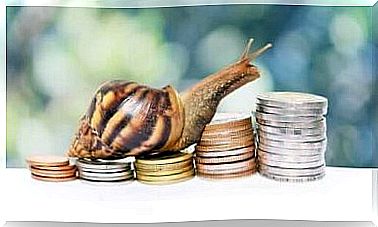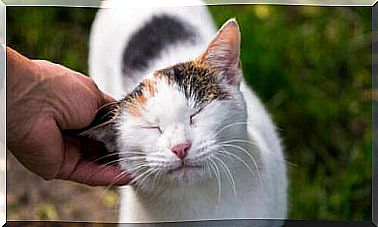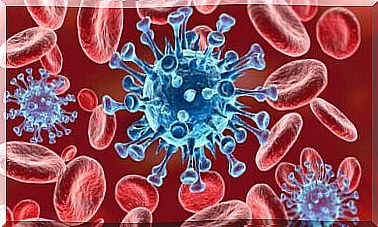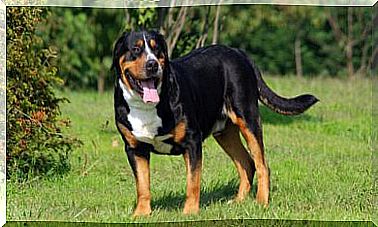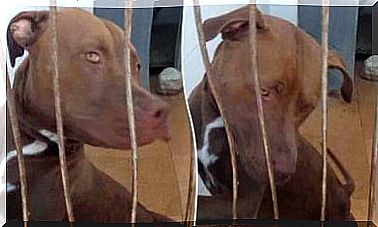How To Treat Gas Problems In Dogs
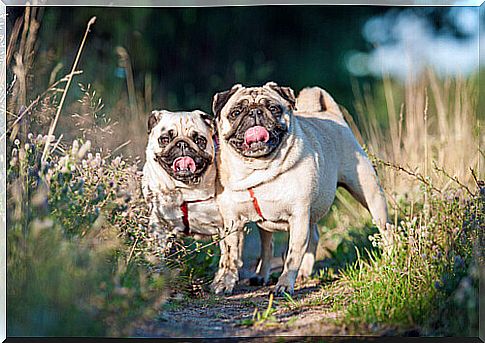
If suddenly an unpleasant odor spreads through the family environment and everyone starts looking at each other looking for the culprit, your dog could also be responsible. But of course, as he considers this a natural fact – which it really is – he is not ashamed as humans are used to, and expels the gases without complexes, wherever he is. Today we’ll tell you how to treat the problem of smelly gas in dogs.
Main causes of canine gases
Keep in mind that the topic of flatulence in dogs can become serious if you don’t try to resolve it. It is that, in addition to the unpleasant odor, it is highly likely that the animal will suffer intestinal discomfort and, in extreme cases, a gastric torsion that can even cause death.
The causes of smelly gases are varied. Among them we can mention:
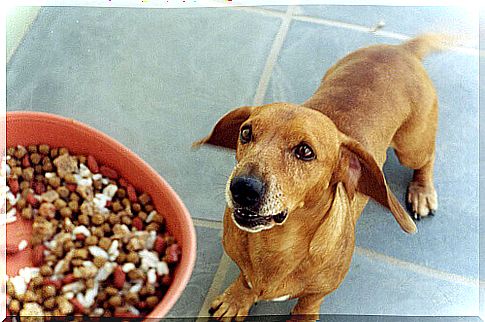
- The type of food you receive. Some foods can promote slow and heavy digestion, especially those with excess carbohydrates and fiber;
- If the animal eats too fast, which causes it to ingest too much air, causing the accumulation of gas in its stomach. This situation usually occurs in homes where there is more than one dog. Then, for fear that his companions will steal his portion, the dog hastens to eat;
- Some respiratory and liver diseases, and the presence of intestinal parasites;
Other reasons that cause smelly gas in dogs
Other reasons that can influence this situation are:
- The lifestyle you lead. Sedentary animals, who do not do much physical activity, are more likely to suffer from gas. If the furry is going through a stressful situation, it is also possible that he has gas;
- The animal’s age. For example, puppies are more likely to suffer from gas, as they are very anxious when it comes to eating their food. Breathing difficulties in older dogs also favor the formation of flatulence;
- The race. In the case of brachycephalic dogs – those with short snouts, like the Bulldog or the Pug – the bad bite they have makes them not chew food well, causing them to swallow more air.
How to solve the topic of gases in dogs
To prevent smelly gases in dogs, we must offer them a good quality food that helps to facilitate digestion.
For brachycephalic dogs, there are also specific balanced compositions, designed so that the animals are forced to chew for longer and thus absorb less air.
But if you prefer to offer your four-legged friend a homemade diet, consult your veterinarian or an animal nutrition specialist so that they can advise on how to provide your dog with a diet that does not favor the formation of gas.
More options to prevent gas in dogs
We’ve detailed other measures you can take to solve the canine gas problem:
- Special bowls to prevent the animal from eating its food too quickly;
- If you have more than one dog, feed them separately. Eating alone will ease their anxiety and they will take their food more slowly;
- Distribute the ration in several servings per day;
- Increase your physical activity with more frequent or longer walks, or with more games.
What to do if the problem persists
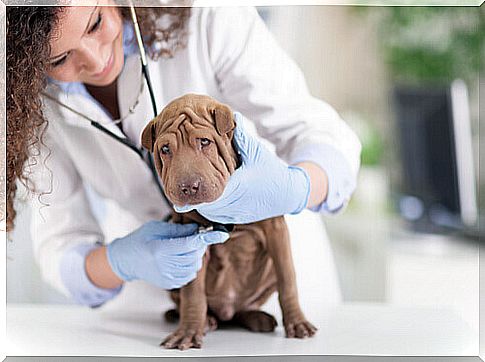
If even after these changes, flatulence persists or even increases in intensity and you notice that the animal has abdominal discomfort or pain, it is likely that the cause is in some food intolerance or in some disease that will need to be determined.
In these circumstances, do not delay to consult a veterinarian to avoid major inconveniences to your dog’s health. The professional will look for the reasons that give rise to the problem and will indicate the appropriate treatments depending on the diagnosis.
In any case, remember not to fight your four-legged friend if he expels a gas, no matter how smelly it is.
